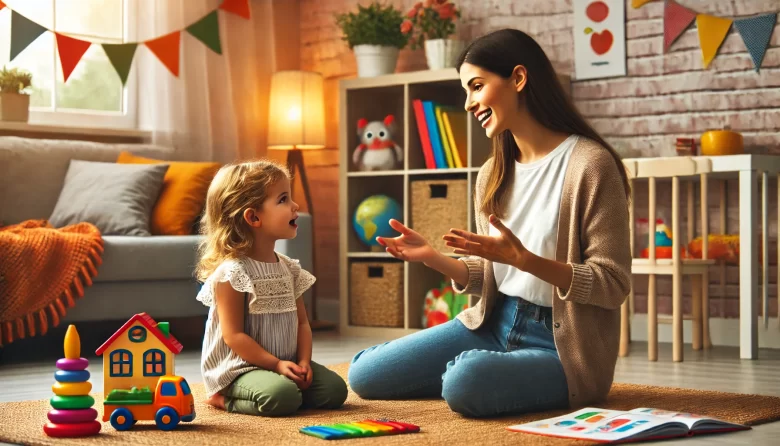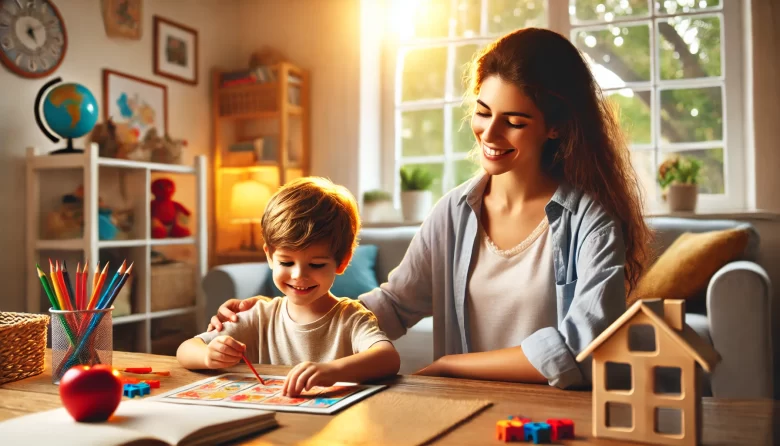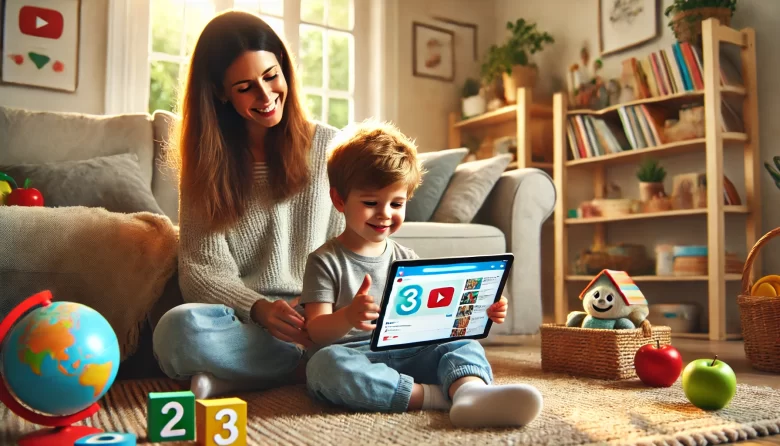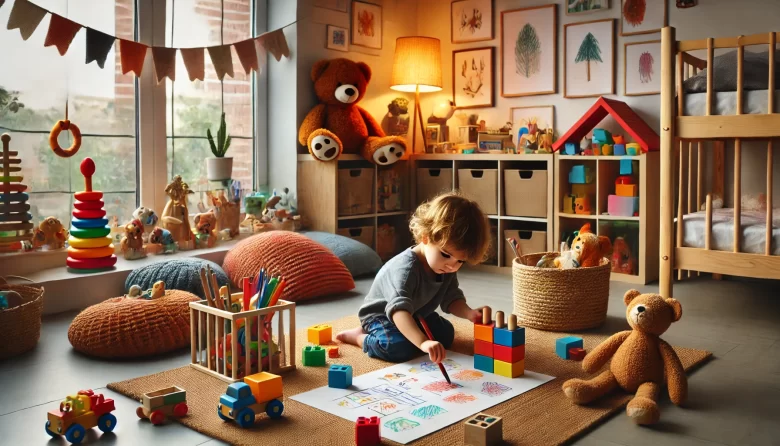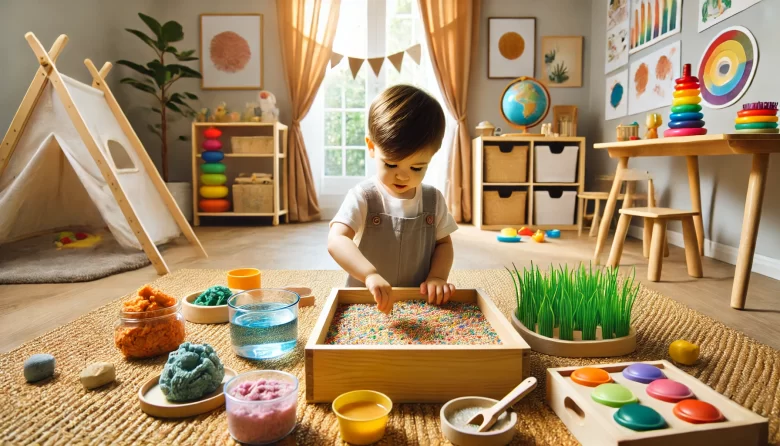Speech and language skills are essential for a child’s overall development, influencing their ability to communicate, express emotions, and interact socially. While every child develops speech at their own pace, parents and caregivers play a crucial role in encouraging language growth from an early age. By incorporating simple, everyday strategies into daily routines, you can …
Teaching young children at home can be a rewarding experience, but it also comes with challenges—especially when patience starts to wear thin. Whether you’re homeschooling full-time or simply guiding your child’s learning at home, frustration can build up when lessons don’t go as planned, when children lose focus, or when they resist structured learning. The …
With the rise of digital education, YouTube has become one of the best free learning resources for children. Whether it’s phonics and early literacy, math games, science experiments, or social-emotional learning, the right YouTube channels can make education fun and engaging. But with so many options available, how can parents choose high-quality, educational content for …
Creating a dedicated reading space at home is a wonderful way to foster a love of books in young children. A cozy and inviting reading corner encourages early literacy, strengthens language skills, and builds a lifelong habit of reading. The good news? You don’t need a big budget or a lot of space to create …
Encouraging independent play is one of the best ways to help children develop creativity, problem-solving skills, and confidence in their own abilities. When children learn to play and explore on their own, they become more self-sufficient, develop longer attention spans, and improve their ability to entertain themselves without constant supervision. Many parents worry that their …
Sensory play is a crucial part of early childhood development. It helps babies and young children explore the world, improve motor skills, and enhance cognitive abilities. Sensory activities engage the five senses—touch, sight, sound, smell, and taste—while making learning fun and interactive. The best part? You don’t need expensive toys or fancy setups! Here are …
Play is an essential part of early childhood development. It is not just a way for children to have fun; it is a powerful tool for learning, exploration, and skill-building. Through play, children develop cognitive, social, emotional, and physical abilities that lay the foundation for future success. In this article, we will explore why play …
Young children thrive on routine. Having a structured daily schedule helps them feel secure, improves their ability to learn, and supports healthy emotional and physical development. While flexibility is important, establishing predictable routines creates a strong foundation for lifelong learning and good habits. In this article, we will explore why routine is essential in early …
